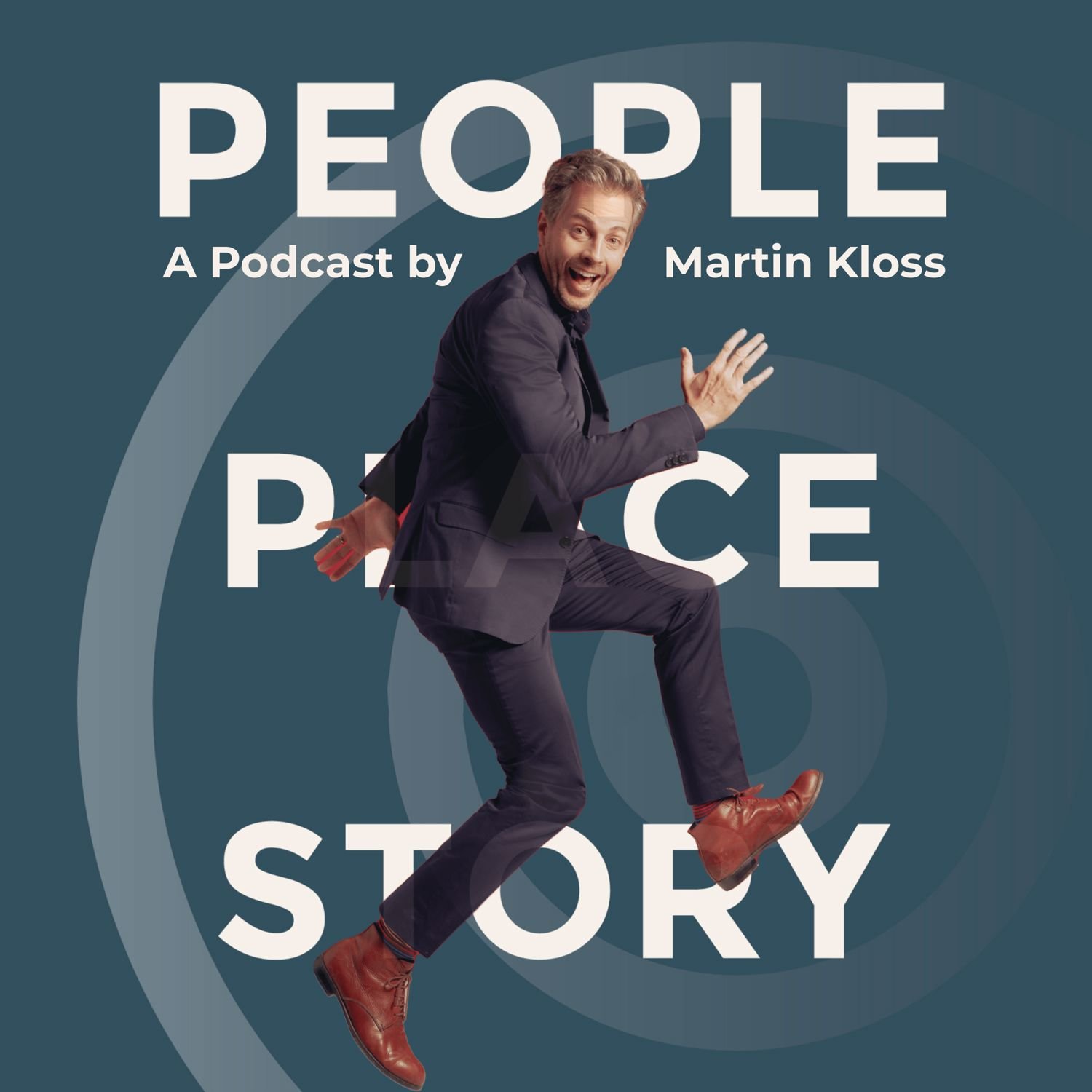Welcome to another episode of People Play Story, where we delve into the fascinating world of storytelling. Today, we explore the building blocks of storytelling, representing universal human experiences.
We also discuss Joseph Campbell's Hero's Journey, a 17-stage narrative structure that has influenced countless stories, including the iconic Star Wars saga. The Hero's Journey is divided into three acts: Departure, Initiation, and Return, each representing a crucial phase in the hero's transformation.
Our conversation extends to Carl Jung's archetypes, the recurring character types that resonate across cultures and time periods. These archetypes, such as the hero, mentor, and villain, are expressions of the collective unconscious, providing a familiar framework within which stories unfold.
We also touch on the power of metaphors, those subtle yet potent tools that convey complex ideas and emotions. Metaphors offer fresh perspectives, making abstract concepts tangible and enhancing the vividness of storytelling.
By understanding these storytelling elements, we empower ourselves to not only consume stories more critically but also create compelling narratives of our own. Join us as we uncover the art and science of storytelling, equipping you with tools to communicate more effectively and recognize the stories that shape our world.

People Place Story - How to Communicate with Impact
People Place Story is a podcast for anyone who wants to master the art of storytelling and communicate with impact. Hosted by Martin Kloss, a professional story coach and speaker trainer with nearly 30 years of experience on global stages, this podcast breaks down the powerful techniques behind effective communication. Here’s the twist: while the insights come from Martin’s book People Place Story—currently available only in German—the conversations you’ll hear are entirely generated by AI. Using Google’s NotebookLM, the podcast reimagines key chapters of Martin’s book, bringing his knowledge and experience to life in a unique and engaging way. With a friendly, approachable tone, People Place Story offers thoughtful perspectives for anyone looking to improve their communication, whether on the big stage or in everyday conversations. Whether you’re a seasoned speaker or simply curious about the power of storytelling, this podcast will help you rethink how you express yourself. Tune in and explore the fascinating intersection of storytelling, communication, and AI!
Listen in your favorite app:
Fountain